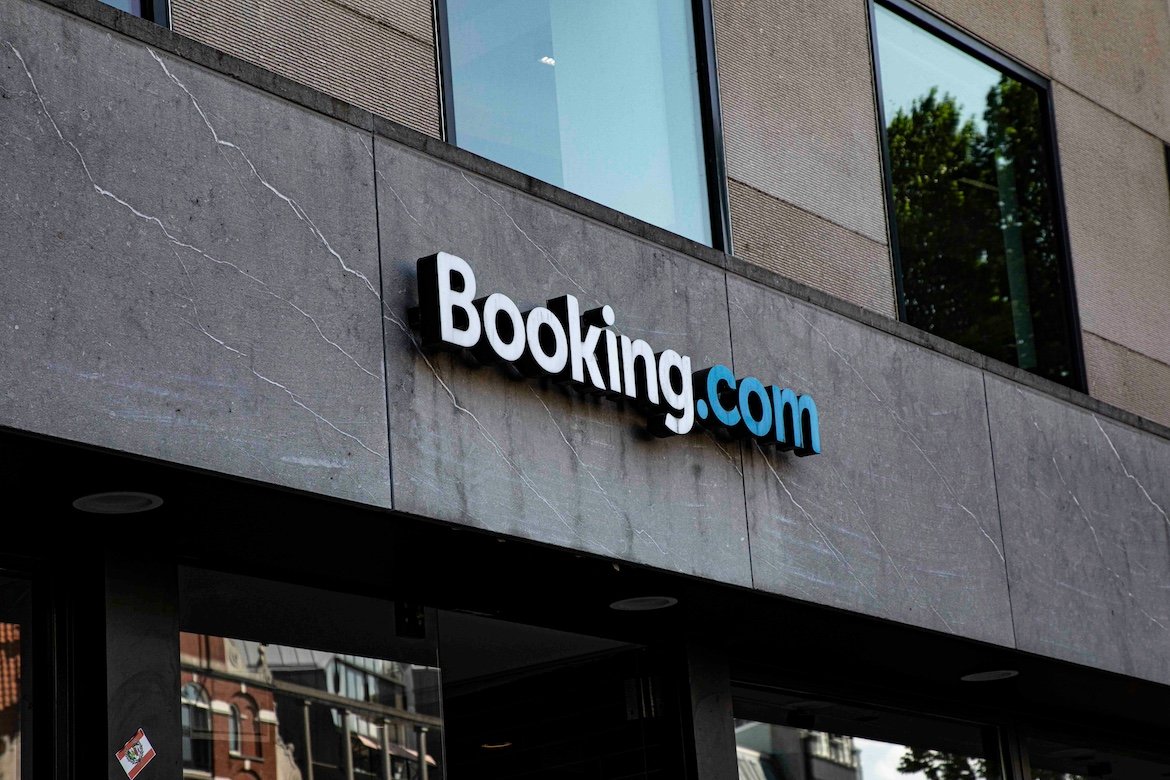
Booking Holdings, the parent company of leading travel brands such as Booking.com, Priceline, and Kayak, reported a robust second quarter of 2025, exceeding Wall Street expectations and showcasing the resilience of global travel demand. The company highlighted significant growth in Europe and Asia, which offset slower trends in the U.S. market, and demonstrated the continued recovery of international tourism following years of volatility.
The company’s revenue for the quarter climbed to 6.1 billion dollars, representing a 14 percent year-over-year increase, while net income rose to 1.4 billion dollars, driven by higher booking volumes and strong pricing trends. Adjusted earnings per share surpassed analyst forecasts, giving investors confidence that Booking Holdings remains well-positioned in a competitive global travel landscape.
Europe and Asia Drive Travel Growth
International travel demand continued to rebound sharply, with Europe emerging as the strongest performing market for Booking Holdings in Q2. Major European destinations such as Italy, Spain, and France experienced sustained tourism activity during the peak summer travel season, bolstered by both short-term vacationers and long-haul travelers from North America and Asia.
Asian markets also delivered strong performance, particularly as Japan, South Korea, and Southeast Asian countries saw surging inbound tourism thanks to relaxed entry requirements and a renewed appetite for cultural experiences. Booking Holdings noted that hotel reservations and alternative accommodation bookings on platforms like Booking.com rose double digits in the region, signaling that Asia is becoming a key engine of growth for the company.
In contrast, U.S. travel demand was comparatively softer, reflecting a shift in consumer behavior as American travelers sought more international experiences. Domestic hotel bookings grew modestly, but the company acknowledged that the post-pandemic domestic boom in the U.S. is now moderating.
Strategic Focus on Technology and Alternative Accommodations
CEO Glenn Fogel emphasized that Booking Holdings is investing heavily in technology and user experience to maintain its competitive edge. The company’s continued integration of artificial intelligence into its platforms allows for personalized trip planning, smarter pricing recommendations for partners, and improved search relevance for travelers.
Another pillar of growth was the alternative accommodations segment, including vacation rentals and unique stays, which now represents a larger share of total bookings than in pre-pandemic years. This aligns Booking Holdings with shifting traveler preferences for more flexible and experiential stays, particularly among younger demographics and long-term digital nomads.
The company is also working to strengthen partnerships with local tour operators and experience providers, aiming to turn Booking.com into a one-stop shop for not only accommodations but also activities, car rentals, and complete vacation packages. Analysts suggest that these ancillary services could become a major driver of profitability in future quarters.
Looking ahead, Booking Holdings remains cautiously optimistic about the second half of 2025. Management expects continued strength in European city tourism and a gradual improvement in Asia-Pacific markets, although the U.S. may remain a lagging region. Currency fluctuations and geopolitical uncertainties remain potential risks, but the company’s global scale gives it flexibility to pivot where demand is strongest.
The quarter’s performance underscores how Booking Holdings has successfully adapted to a changing travel landscape. With travelers prioritizing authentic experiences, international exploration, and flexible accommodations, the company’s diversified platform is positioned to capture spending across multiple segments of the travel industry.




